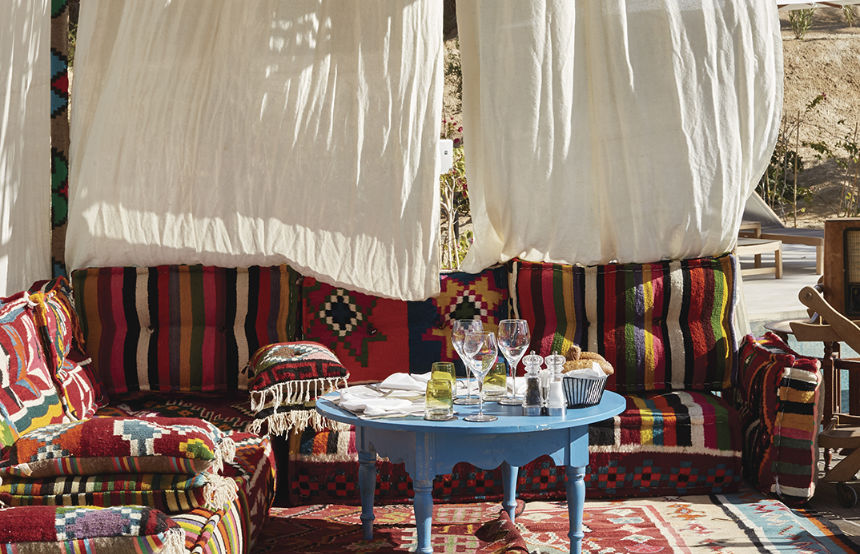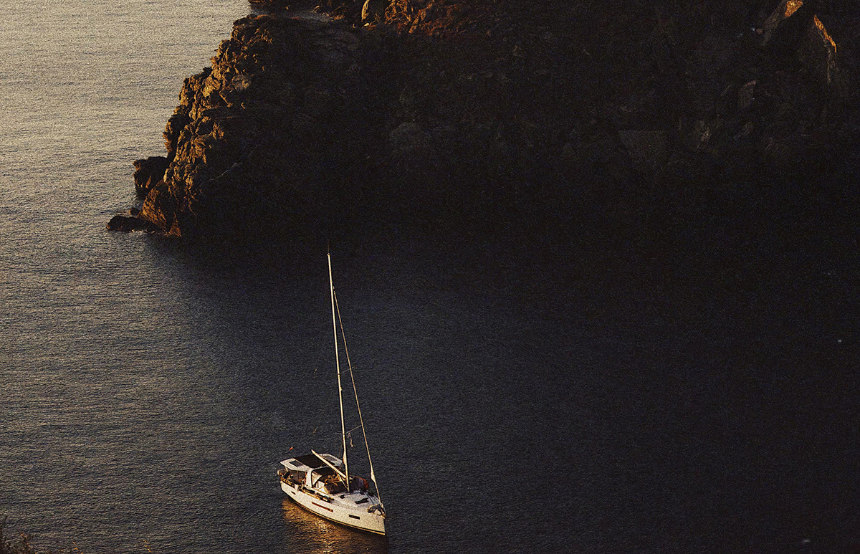Published 28th Jun. 2021
Reading time
In Africa, conservation is crucial when it comes to protecting ecosystems and the wildlife that live within them. A wonderful example of this is the development of Transfrontier Conservation Areas across Southern Africa. These ecological regions, which cross over country borders, are designed to restore traditional wildlife migration routes, promote sustainable tourism in Africa and encourage a collaborative approach to conservation. Read on to learn more about these Transfrontier Parks from Amanda England, from Ethos Marketing, and understand why they are so important...
What are Transfrontier Conservation Areas?
Transfrontier Parks - also called 'Peace Parks' - are areas of conservation in Southern Africa which cross over country borders. This is a relatively new concept in the conservation arena which is founded on the belief that natural resources that straddle international boundaries are a shared asset. Through promoting regional integration, the parks have the potential to meaningfully contribute to the conservation of biodiversity as well as the welfare and socio-economic development of rural communities.
Natural and Cultural Attractions
Transfrontier Conservation Areas are home to a set of impressive natural and cultural attractions across Southern Africa, such as the Kruger and Chobe National Parks - renowned for their incredible wildlife - Namibia's Fish River Canyon; the Okavango Delta in northern Botswana; Zambia's exceptional Victoria Falls; and the Maloti-Drakensberg Mountain Range in South Africa. Beyond experiencing the wilderness, visitors can engage with local people in a sensitive and authentic way and learn about their culture, customs, and traditions.
The Management of Natural Resources
Conservation is more than protecting rhinos and elephants, the controlling of illegal logging or managing overfished waters. Progressive management of natural resources is about finding a balance between using natural resources for economic development and keeping them in good stewardship for future generations. Lakes, forests and animals do not know national borders and there is now a call for the people and the governments of neighbouring countries to work together to conserve river basins, large expanses of tropical forests, and water bodies that border more than one country. Transfrontier conservation is more than conserving the environment; it is an opportunity to work together, lower barriers between people and countries, and promote peace and stability across the region.
Sustainable Tourism
Sustainable tourism is key when it comes to protecting Transfrontier Parks. Boundless Southern Africa is an initiative that works to support and facilitate sustainable tourism in Africa by designing itineraries around these incredible areas. They currently work with seven Transfrontier Parks and aim to showcase their wild beauty by giving people the chance to visit these remote ecosystems and meet rural communities.
Practical advice and inspiration for your next trip

There’s more to Tunisia holidays than blissful beaches. History buffs are in luck with plenty of UNESCO World Heritage sites to explore, while architecture enthusiasts can admire the coastal towns’ white-washed facades. If natural wonders are more up your alley, Tunisia’s vast salt flats and towering palm groves are a must-see, while the artisanal treasures in the Medina of Tunis await those on a souvenir search.
9th December 2025 - Tunisia Travel Inspiration

When it comes to romance, Greece’s islands set the bar high. From Paros’ sun-kissed beaches and Folegandros’ blush-pink blooms to Sifnos’ culinary delights and Hydra’s slow-paced streets, each island radiates beauty. Whether you fall in love with the sunset in Santorini or the atmosphere in Apollonia, the perfect spot awaits. Read on to discover the most romantic islands in Greece... Paros Folegandros Sifnos Hydra Santorini Paros Best for:
27th October 2025 - Greece Travel Inspiration

When it comes to postcard-perfect beaches, the USA has them in bucket-(and spade)-load. From California’s colourful coast and Florida’s buzzing beaches to Oregon’s rugged shores and Georgia’s photogenic stretches, there’s no shortage of sandy escapes on a USA holiday. Spot puffins on Cannon Beach and nesting turtles on Perdido Key, or stroll past Art Deco architecture on South Beach and charming hotels overlooking Coronado Beach.
4th August 2025 - USA Beaches & Islands

Our team of destination experts will get to know you and your unique requirements for your holiday

We work with you to build an ultra-personalised holiday itinerary with your choice of accommodation, experiences and activities

All of our holidays include little extras designed to make a big difference to your trip, from fast-tracking you through airport check-in and security to our network of local Concierges